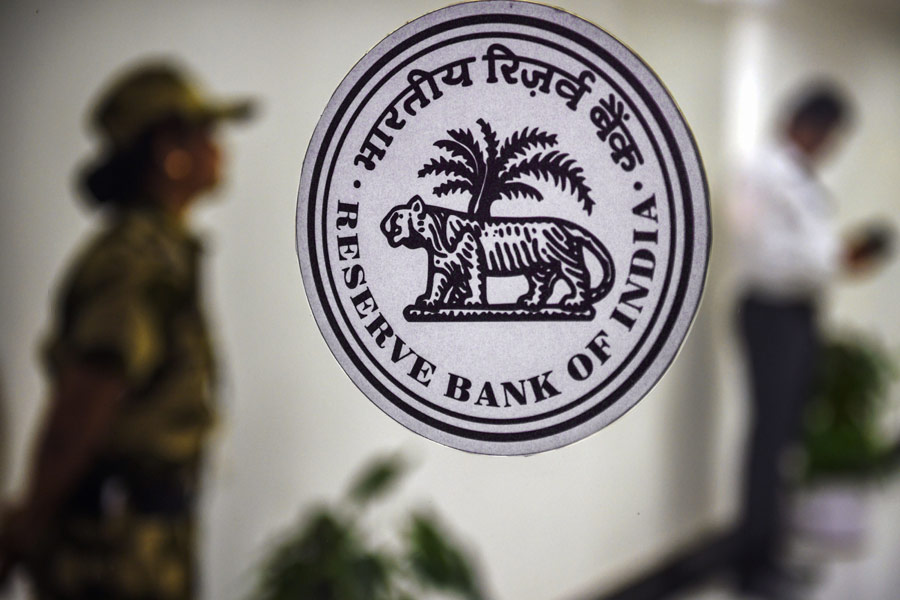They may have been at odds over the repo rate but opted to lobby for a cut in the cash reserve ratio — even though a moderation of the liquidity-soaking measure isn’t part of the monetary policy committee’s toolkit.
External member Nagesh Kumar and RBI executive director Rajiv Ranjan took the rather unusual step to posit a course of action that several economists and market experts were hoping that the RBI would take to pump up liquidity into the system.
“We should …explore the use of non-rate measures… such as a 50-basis point cut in CRR to help enhance liquidity,” Kumar said.
The minutes of the monetary policy meeting reveal that Ranjan backed the suggestion.
“A cash reserve ratio (CRR) cut of 50 bps by the Reserve Bank is appropriate at this juncture as it will provide durable liquidity to banks and keep the money market rate well aligned with the repo rate. It will also facilitate improvement in transmission, once the rate easing cycle sets in,” Rajan said.
“This move is consistent with the neutral stance and will normalise the CRR to its pre-policy tightening and pre-pandemic level of 4 per cent of net demand and time liabilities (NDTL). The multiplier effect of the CRR cut would have an expansionary impact on deposit and credit over an extended period,” Rajan added.
None of the other members on the committee voiced an opinion on the CRR cut which was eventually adopted by the RBI.
The announcement of the CRR cut was made by former RBI governor Shaktikanta Das which, he said, “would release primary liquidity of about ₹1.16 lakh crore to the banking system.”
A decision on the CRR cut is taken internally within the RBI and not by the MPC. Technically, the CRR is outside the purview of the MPC and, therefore, the monetary policy statement did not mention the cut.
The MPC was split 4:2 on the decision to hold the repo rate at 6.5 per cent – with Kumar backing the need for a cut and Rajan opposing such a move. Only one other member backed Kumar’s call for a rate cut: Prof Ram Singh, another external member of the MPC.
After a three-day meeting, the MPC retained the policy repo rate at 6.50 per cent.
Kumar said a 25-basis point reduction in the repo rate would help revive growth without worsening the inflationary situation, which may soften with the anticipated seasonal correction in prices.










